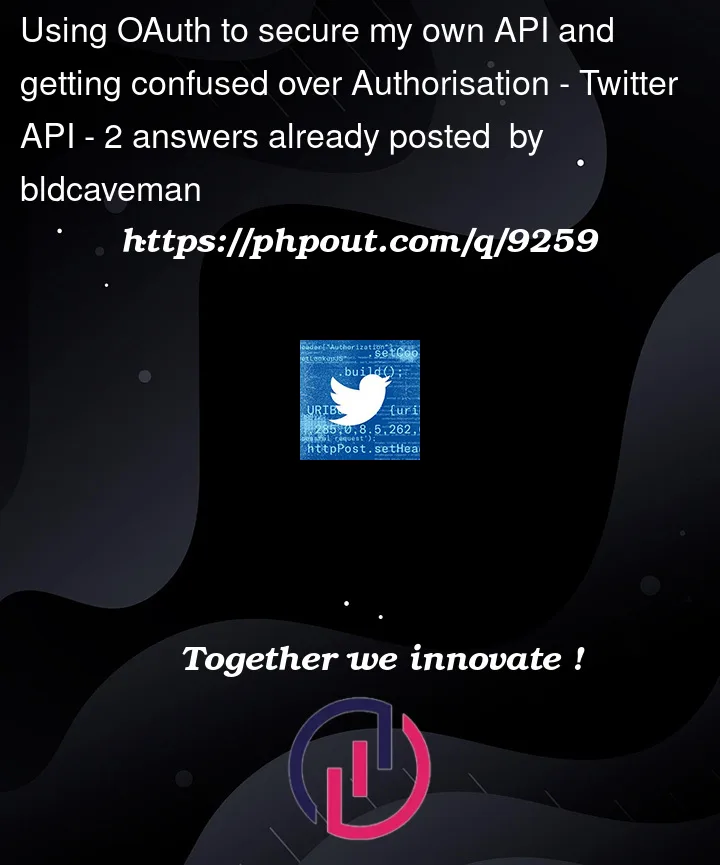I’m trying to get my head around OAuth from the context of having an API that I want to secure and a javascript based single page app made in Vue.js that will consume this API. I’ve been told that OAuth is the industry standard for this type of thing.
I want to let other clients like a mobile app also use the same API.
From what I can gather the right flow is Authorization Code Flow with Proof Key for Code Exchange (PKCE) https://oauth.net/2/pkce/
The bit I am confused over is how I seem to need to get users to approve access. For example you don’t have Twitter saying "Would you like Twitter to use Twitter". If I was in the position of people using the account to create another account I wouldn’t have any confusion but when the client is your own website what is supposed to happen?
I can sort of imagine that I could automatically approve the website or just bypass the part where the user approves but then I feel like I’m going off script. Then I think to myself, have I completely got the wrong end of the stick- is OAuth not designed for this?
If anyone can see where my ignorance is I’d be more than happy to be corrected!
Thanks!




2
Answers
From asking around a bit and reading a bunch more found searching for "first party" providers: it is okay to just have the main website bypass the bit where they approve access and just send over the token.
OAuth and OpenID Connect enable you to authenticate users in many ways, for web and mobile clients. Each app implements a code flow and redirects to an authorization server (AS).
Each client is configured with an entry in the AS, and consent can be disabled when required. It is typically only enabled when personal assets are involved. Eg to grant a security code scanning service access to my GitHub repositories.